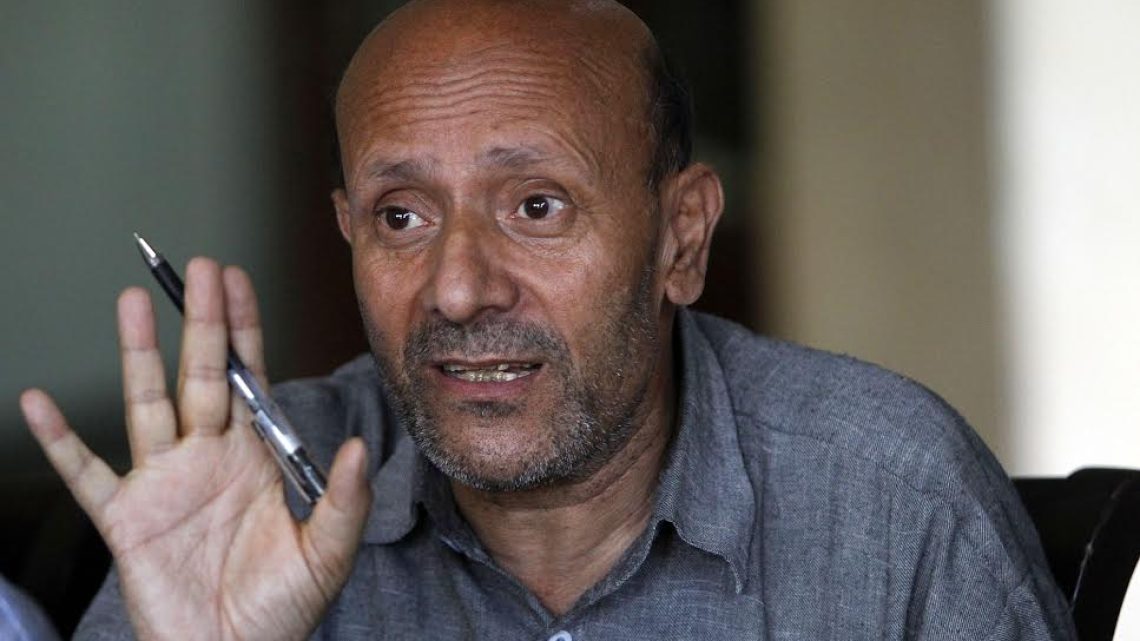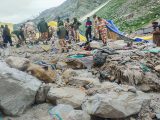
Engineer Rasheed’s Victory in Baramulla: A Resounding Call for Kashmiri Self-Determination
June 5, 2024 Off By Sharp MediaThe people of Indian-illegally occupied Jammu and Kashmir have long rejected India-sponsored elections, advocating instead for a plebiscite to decide their political future. Under the Modi-led regime, avenues for self-determination have been systematically closed, pushing the residents to adopt new strategies to voice their dissent. In a significant act of defiance, they have elected Engineer Rasheed, a staunch advocate for Kashmir’s plebiscite, to represent them in the Baramulla Lok Sabha seat.
Engineer Rasheed’s election is not just a victory for one candidate; it symbolizes the enduring resistance of the Kashmiri people against what they perceive as India’s attempts to legitimize its control through electoral processes. The election of Rasheed, known for his vocal support for Kashmir’s right to self-determination, sends a powerful message to the BJP-led government in Delhi.
“This victory is a testament to the people’s resistance and a rejection of India’s attempts to legitimize its occupation through electoral processes,” remarked Dr. Sheikh Showkat, a political analyst. He emphasized that Engineer Rasheed’s success is a clear signal to Delhi that the Kashmiri people will not be silenced or intimidated by political maneuvers.
The historical context of Kashmir’s demand for a plebiscite dates back to the promises made during the partition of India and Pakistan. The United Nations has also recognized the right of Kashmiris to determine their future through a fair and impartial vote. However, successive Indian governments have avoided addressing this demand, instead promoting participation in local and national elections as a means of integrating the region into India’s political framework.
Under the current regime, the situation has worsened with increased militarization and political suppression. The Modi government’s approach has been marked by a heavy-handed crackdown on dissent, media restrictions, and the detention of political leaders. Despite this oppressive environment, the people of Jammu and Kashmir have found ways to assert their political will.
The election of Engineer Rasheed in Baramulla is particularly significant in this context. It reflects the strategic decision of the Kashmiri electorate to use the electoral process to highlight their ongoing struggle for self-determination. By voting for a candidate who openly champions their cause, they are leveraging the very system imposed upon them to challenge its legitimacy and to amplify their call for a plebiscite.
This election result also highlights the resilience and political acumen of the Kashmiri people. Faced with limited options and increasing repression, they have adeptly navigated the political landscape to make their voices heard. Engineer Rasheed’s victory is thus both a protest against the status quo and a demand for the right to determine their own future.
To conclusion, the election of Engineer Rasheed to the Baramulla Lok Sabha seat is a significant milestone in the Kashmiri struggle for self-determination. It underscores the enduring resistance of the people against India’s attempts to legitimize its control through elections. This victory is a clear message to the Modi-led government that the demand for a plebiscite remains strong and that the people of Jammu and Kashmir will continue to fight for their right to determine their political destiny.

